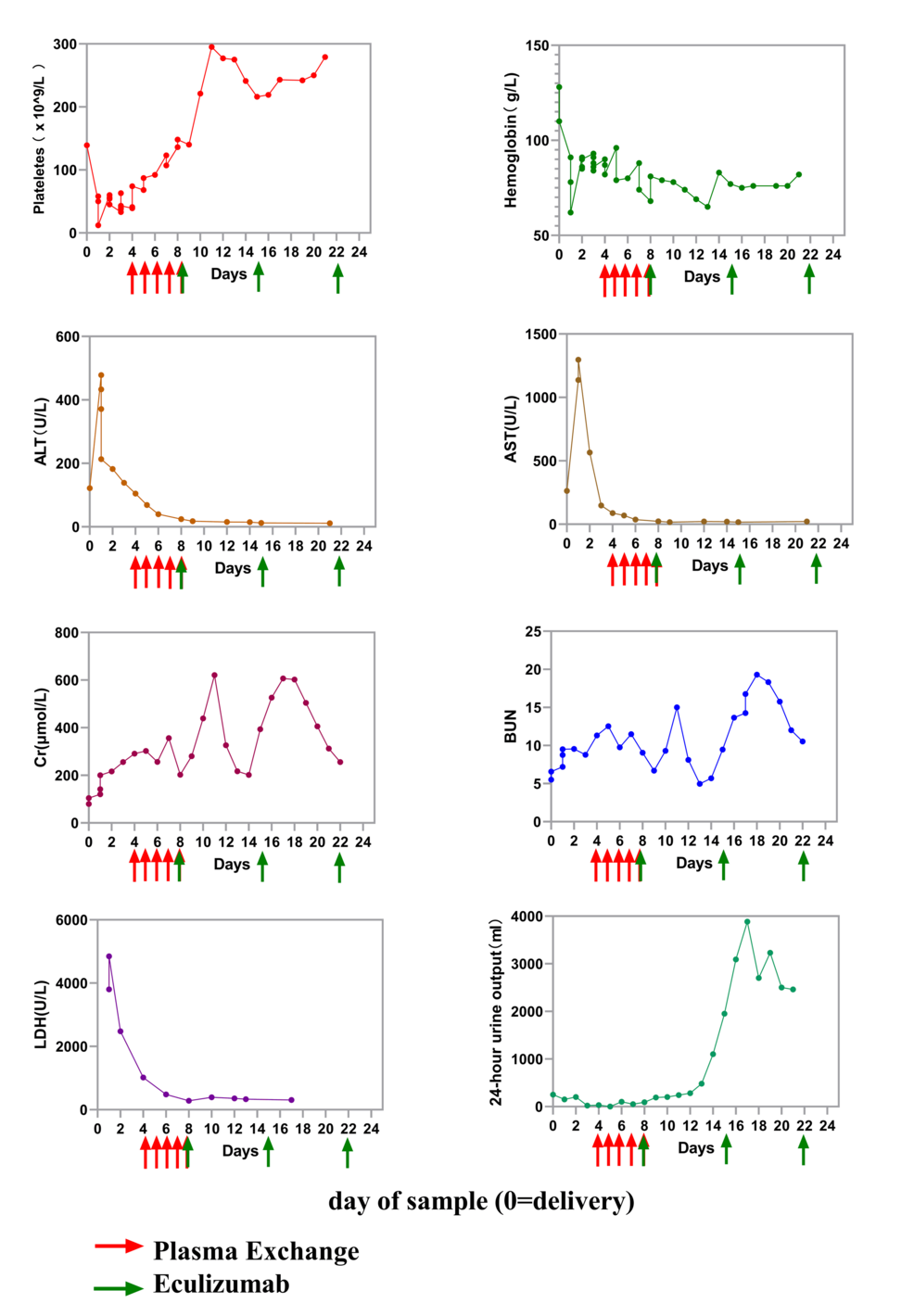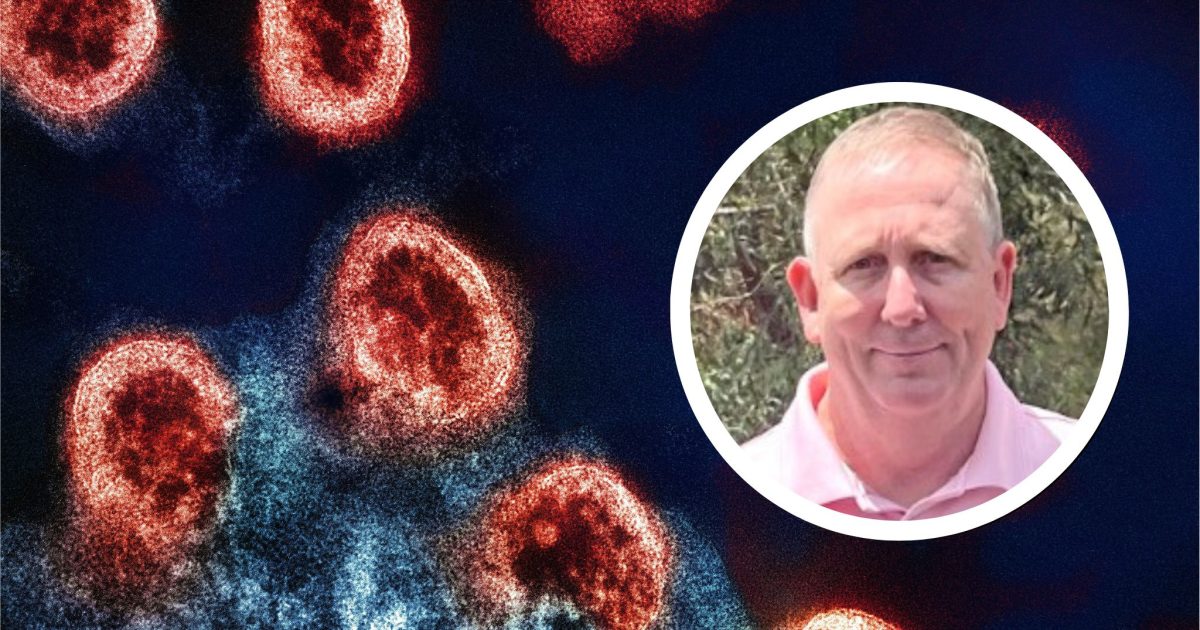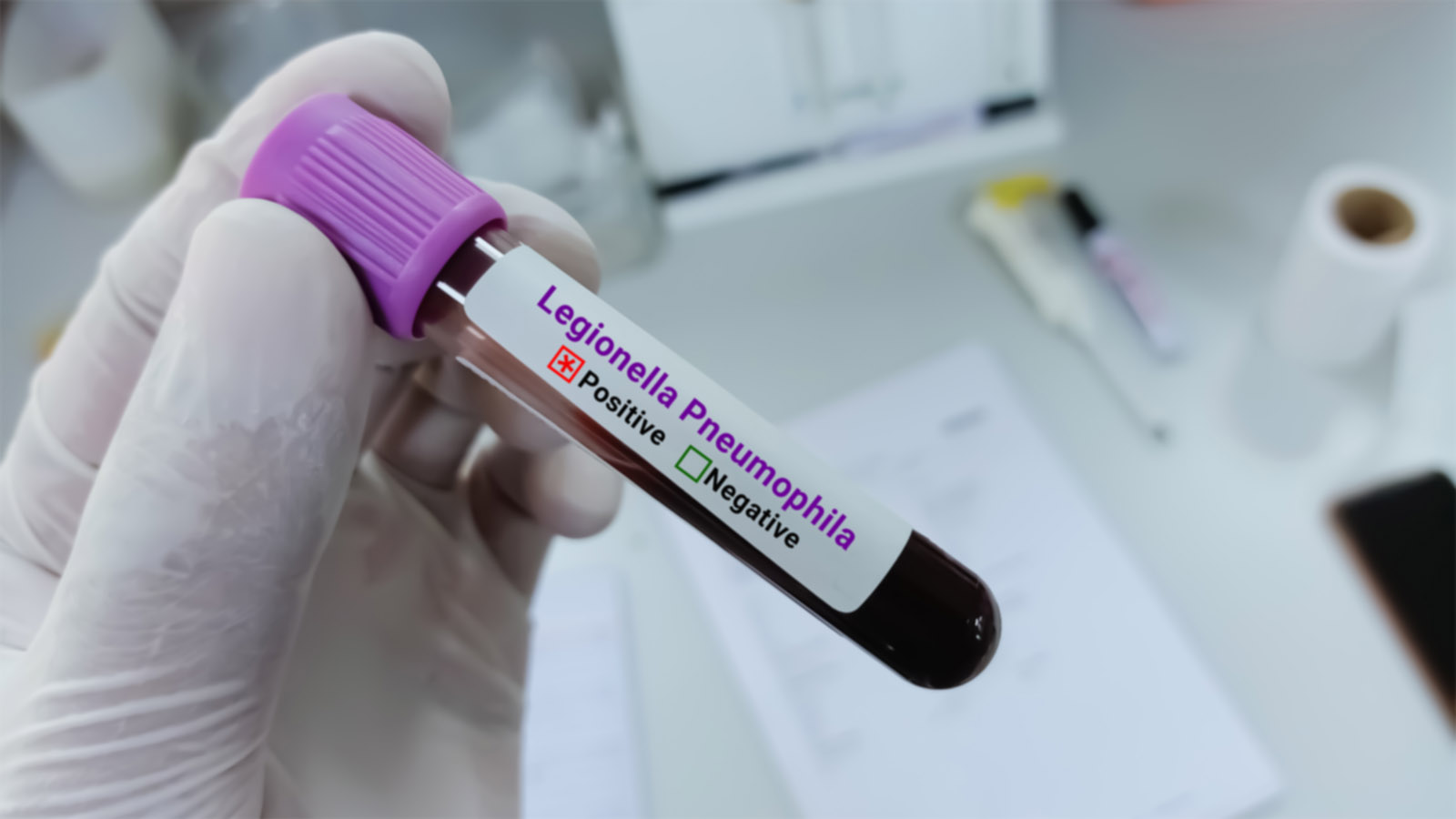Shocking Study Reveals Grief Could Shorten Your Life: Are You at Risk?

Imagine losing a loved one and then finding out that the grief you're feeling could actually shorten your life. A groundbreaking study out of Denmark has unveiled a startling truth: bereaved individuals suffering from prolonged grief are nearly twice as likely to die within a decade compared to those who cope better. This revelation could change how we view and handle grief in our lives.
The research shines a light on the critical need for mental health support after a loss, showing that intense and persistent grief can lead to significant health issues. The scientists found that bereaved individuals with high levels of grief symptoms utilized healthcare services more frequently and were a staggering 88% more likely to die than those with milder grief. This raises serious questions about the impact of emotional trauma on our physical health.
The study identified five distinct grief trajectories, indicating the different ways people cope with loss. Those on the severe end of the spectrum were not only prone to premature death but also more likely to experience health problems such as cardiovascular disease and severe mental health disorders, including depression and anxiety. Dr. Mette Kjaergaard Nielsen, one of the authors of the study, emphasized the importance of recognizing those at risk early on. By identifying patients with high grief symptoms, general practitioners can offer tailored support, including mental health referrals or specialized follow-up appointments focusing on bereavement care.
The research tracked 1,735 bereaved men and women in Denmark, average age 62, over a decade. It revealed a concerning statistic: 6% of participants showed persistently high grief symptoms and were at a dramatically increased risk of dying within ten years. In stark contrast, 38% reported low grief levels, demonstrating a potential lifeline for those navigating their grief effectively.
Participants who exhibited high grief trajectories were also more likely to seek mental health services. They had a 186% higher chance of receiving talk therapy, a 463% higher likelihood of being prescribed antidepressants, and a 160% increased chance of being given sedatives or anxiety medications. This suggests that while grief is a natural response to loss, it can lead to a cascade of health crises if left unaddressed, making the need for emotional support all the more urgent.




























